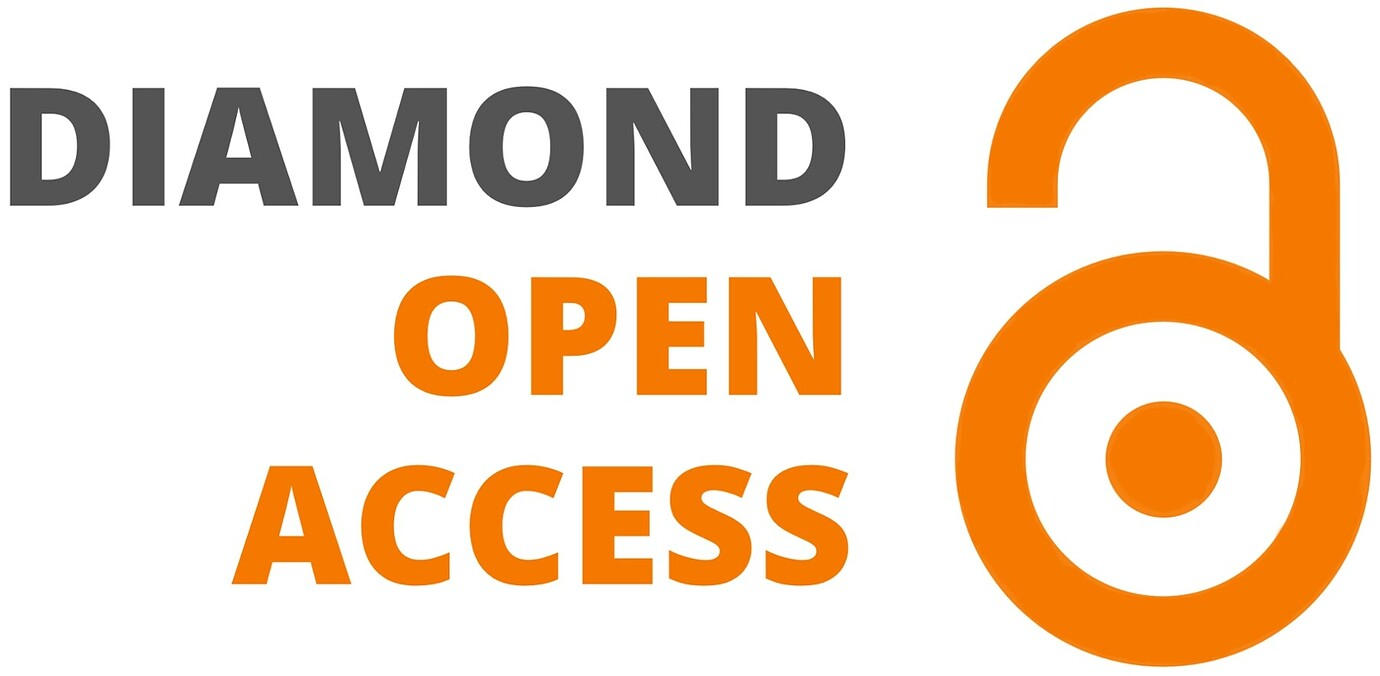Ligne éditoriale
The main goal of the journal Glossa is to promote, transmit, and disseminate the findings of research on language and communication to speech therapists and logopedists both nationally and internationally.
Objectives
- Promote research on language and communication in people of all ages with illness, disorders, developmental or functional differences.
- Disseminate knowledge based on evidence highlighted in literature reviews and research methodologies of published studies.
- Encourage continuous updating of clinical or theoretical knowledge.
- Facilitate the sharing of controversies and scientific debates.
Published Themes
Development, acquisition, learning, functioning, and maturation of language and communication.
- Oral and written language
- Communication
- Speech
- Voice
- Oro-myo-facial functions
- Mathematical cognition
- Cognitive functions: attention, memory, executive functions, motor skills.
Areas Covered
- Prevention
- Evaluation & Diagnosis
- Treatment of pathologies & Training
- Patient and caregiver support
- University and continuing education
- Consulting and expertise
- Professional practices
Subjects of Interest
- General subjects
- At-risk subjects for developing disorders
- Monolingual, bilingual, or multilingual speakers
- Individuals of all ages: infants, young children, children, adolescents, young adults, mature adults, and seniors
The journal adopts an inclusive attitude towards research involving all pathologies, including less studied disorders, rare syndromes or conditions, in order to enhance understanding of how language, communication, and cognition interact in individuals with neurodevelopmental anomalies, associated disorders, acquired or progressive conditions, whether these deficits are transient or permanent.
Scope and Main Guidelines of the Journal
- Inter- and Transdisciplinarity
- Inter- and transdisciplinary foundations in various fields related to speech therapy, including physical sciences, computer and technical sciences, life and environmental sciences, human and social sciences, education sciences, medical sciences, and engineering
- Epistemologies focusing on language and communication
- Anchoring in science, society, and health literacy.
On the scientific aspect, highlight the links between clinical practice and research, evidence-based care practices (Evidence-Based Practice), or evidence derived from clinical practice (Practice-Based Evidence).
On societal issues, communicate research results to the speech therapy community for the benefit of populations, through open science and the UNADREO’s commitment to societal issues related to language and communication.
On health literacy, promote French-speaking research on language and communication internationally to foster cultural openness and an enriched intellectual space with diverse scientific perspectives.
- Public Health Perspective
- Quality + effectiveness + safety of care
- Ethics
- Care evaluation
- Therapeutic education
- Shared decision-making
- Patient quality of life
- Pedagogy in initial and ongoing training




